Ecotourism Destinations
Brenda Sieglitz Spring 2015
This past fall I enrolled in a naturalist course that focuses on the ecosystems in Pennsylvania. Never before had I realized the abundance and diversity of the animals, plants, and habitats found in the commonwealth. Every county has access to unique opportunities to help people connect with their surroundings in nature.
The locations mentioned in this article will either unite you with things to do in Pennsylvania ecosystems or educate you about the opportunities to give back to the local environment through a variety of preservation and sustainable business practices. As both a traveler and a lover of nature, I find it encouraging to study the ways in which Pennsylvania tourism is integrating environmental protection initiatives in order to protect its resources for travelers for years to come. These measures will enable us all to enjoy the serenity of our world-class fly fishing streams, the variant shale rock formations found along our hiking trails, the scent of our native pine and maple trees, and the rebirth of industrial towns and buildings into ecotourism destinations.
EAST:
Ledges Hotel is one of the most beautiful adaptive reuse projects in Pennsylvania. Formerly the home of the O’Connor Glass Factory in Hawley, located in northeastern Pennsylvania, it was redesigned into a hotel and maintains the hand-cut bluestone exterior of the original building. Guest rooms are furnished in such a way as to bring the outside in, and the hotel uses local artisans’ work to decorate the interior spaces. Guests will enjoy toiletry products made from all-natural and organic ingredients during their stay. If you are in town from Friday to Sunday, April 24 to 26, make sure to visit Hawley Earthfest on Main Avenue in downtown Hawley for crafts, speakers, a farmers market, and a festival.
The hotel is part of the Green Lodging Partnership with the Delaware Highlands Conservancy, also based out of Hawley. Being a member of this partnership means that with every reservation, guests are contributing directly the conservancy. Conservancy efforts support protecting land, water, and outdoor recreation in the Upper Delaware River region. Other Green Lodging Partners in Pennsylvania include Hotel Fauchere – Milford, Harrington House Bed & Breakfast – Milford, the James Manning House Bed & Breakfast – Bethany, Roebling Inn on the Delaware – Lackawaxen, Shawnee Inn and Golf Resort – Shawnee on Delaware, Inn at Starlight Lake – Starlight, The Lodge at Woodloch – Hawley, The Settlers Inn – Hawley, The Starlight Lodge – Starlight, and Woodloch Pines Resort – Hawley.
Just 40 minutes from the hotel is Grey Towers, the former residence of Gifford Pinchot, who is known as the father of American conservation and was a two-time governor of Pennsylvania. The Grey Towers Heritage Association in Milford offers programs in conservation, the arts, recreation, and more. Built in 1886 by Pinchot’s parents, James and Mary Pinchot, the summer retreat was often filled with friends, family, and supporters of Pinchot’s ideals to protect natural resources from industrialization. Grey Towers Heritage Association continues to preserve the estate in order to support the legacy of this conservation pioneer and first chief of the U.S. Forest Service.
WEST:
Pittsburgh has become the heart of green building innovation in the last decade, a far cry from its industrial steel roots. Consol Energy Center, home of the Pittsburgh Penguins hockey team, was the first National Hockey League arena to achieve LEED Gold Certification from the U.S. Green Building Council. This certification is based on the number of points received from the Green Building Certification Institute on green building techniques and implementations.
A 15-minute walk from the center is Fairmont Hotel, which has also achieved the LEED Gold Certification. Guests can tour the green building infrastructure, explore the 26,000 artifacts found during construction, and partake of local, organic, fair trade, and sustainable food on site. Guests may also find comfort in the fact that the Fairmont Pittsburgh has gone above and beyond in energy and water conservation as well as giving back to the local community.
From the hotel, visitors may hop on a bike for a short 20-minute ride to the Great Allegheny Passage trailhead. The trail is built mostly on abandoned rail beds and runs 150 miles from Pittsburgh to Cumberland, Md. Biking and hiking the trail are the most popular activities, but some sections are open to equestrians.
North:
The Hyner View Trail Challenge is a trail hike and run for those who are up for a mental and physical challenge. At 8 a.m. on Saturday, April 18, runners will begin the 50K challenge, and at 9 a.m. the 25K challenge will begin. Registration is open through Wednesday, March 25, or to the first 1,200 runners, whichever comes first. The challenge includes three major climbs, three major descents, and more than 4,300 feet in elevation gain, featuring vistas, stream crossings, and single-track paths.
Part of the Hyner View Trail Challenge cuts across the vast West Branch Forest near Lock Haven. The forest has pristine views across 40 miles of mountains from the northwest and southeast and includes a network of old logging roads and trails. Forest streams that wind their way to the Susquehanna River contain Class A wild trout. Intended to serve as a research and demonstration site for sustainable forestry, this protected forest was purchased by the Nature Conservancy to bridge the state-managed Sproul State Forest and Bucktail State Park Natural Area, connecting a total of 18,000 preserved acres.
After completing the challenge or your own hike through the West Branch Forest, drive one hour south to stay at the Nature Inn at Bald Eagle State Park in Howard. This inn has also received the LEED Gold Certification from the U.S. Green Building Council. Some of the green perks include on-site renewable energy, native landscaping, and a rainwater harvesting system. The large windows, decks, patios, and private balconies allow guests to stay connected with nature throughout their stay.
South:
The Appalachian Trail runs from Georgia to Maine, and halfway in between lies the town of Boiling Springs, Pa. The information desk at the Boiling Springs Appalachian Trail Information Center provides information for day hikers, thru-hikers, and section hikers. Individuals will find maps and merchandise to support the Appalachian Trail’s initiative to protect the trail so it can be enjoyed for many years to come. In the warmer months, trail club volunteers may be found on the front porch of the Boiling Springs office to encourage hikers along their journey.
South Mountain Partnership works in coordination with state agencies as well as the Appalachian Trail to protect the quality of life in the region of Franklin and Cumberland counties. The partnership sponsors many recreational opportunities in the region, including an extensive geotrail and a speaker series.
While you’re in the Boiling Springs area, you can immerse yourself in nature at the Allenberry Resort and Playhouse. The comfortable accommodations keep guests linked to the alluring wildlife and flora of the region. Book your stay in coordination with the resort’s Fly Fishing School with nationally recognized guides Tom Baltz and Eric Stroup.
Take a moment outside in any one of Pennsylvania’s unique habitats and you’ll find abundant opportunities to climb a trail, bike on a former industrial site, lay your head on the grass, and look up into the dark sky with glittery stars all around. Pennsylvania’s recreation is eco-rich and unique, and Where & When, Pennsylvania’s Travel Guide welcomes you to share your favorite escapes in the Pennsylvania outdoors online. Connect with us on Facebook or Twitter.

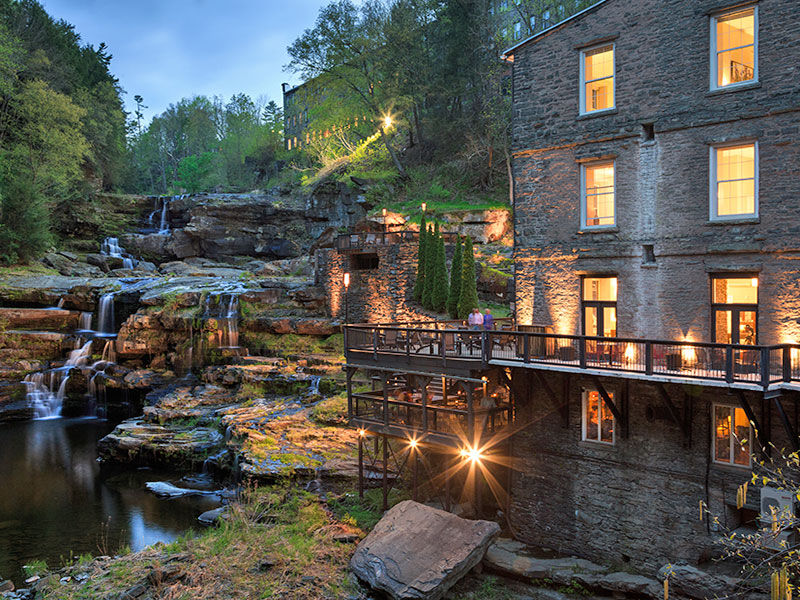
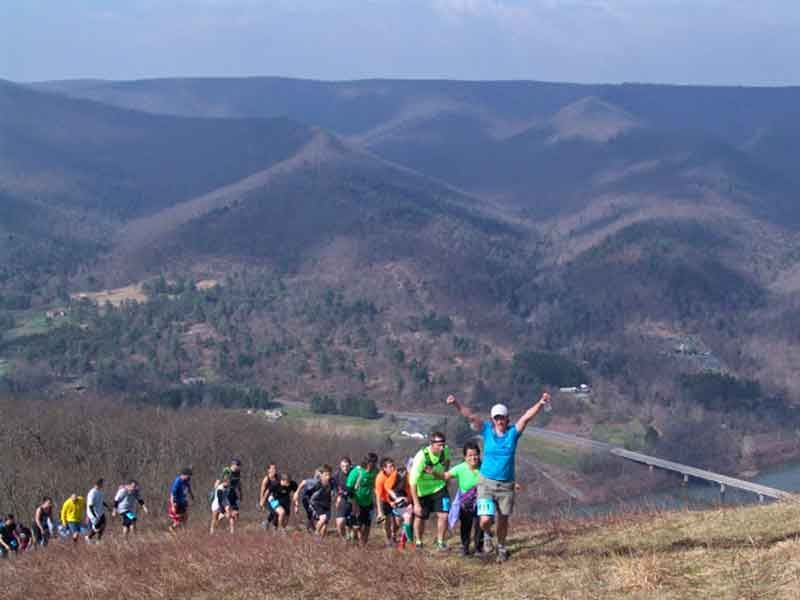
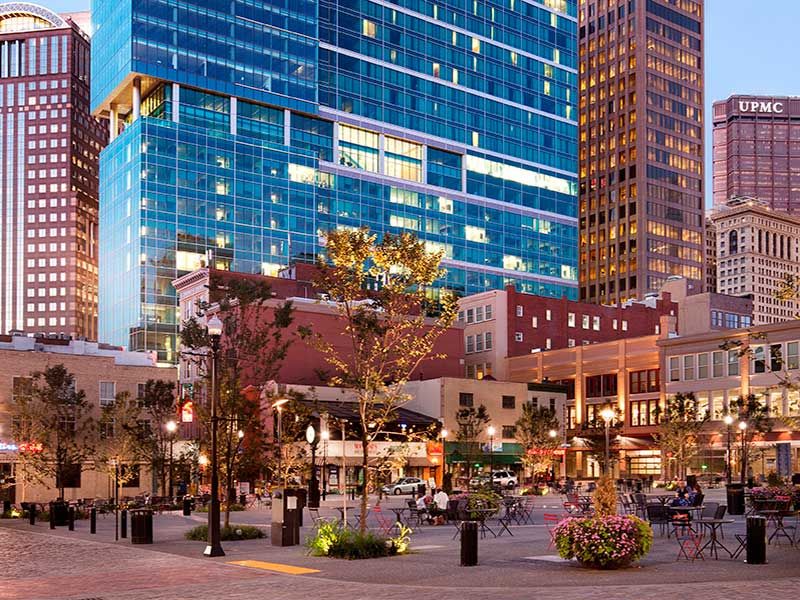
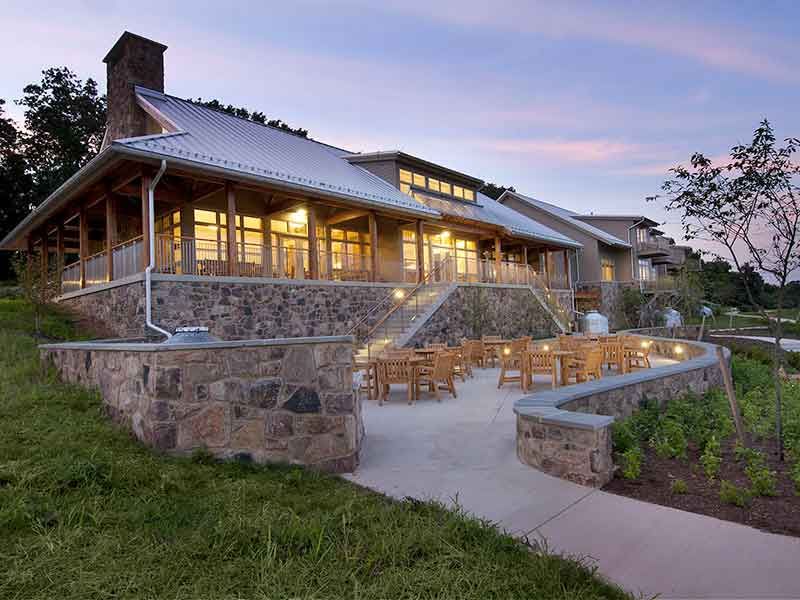
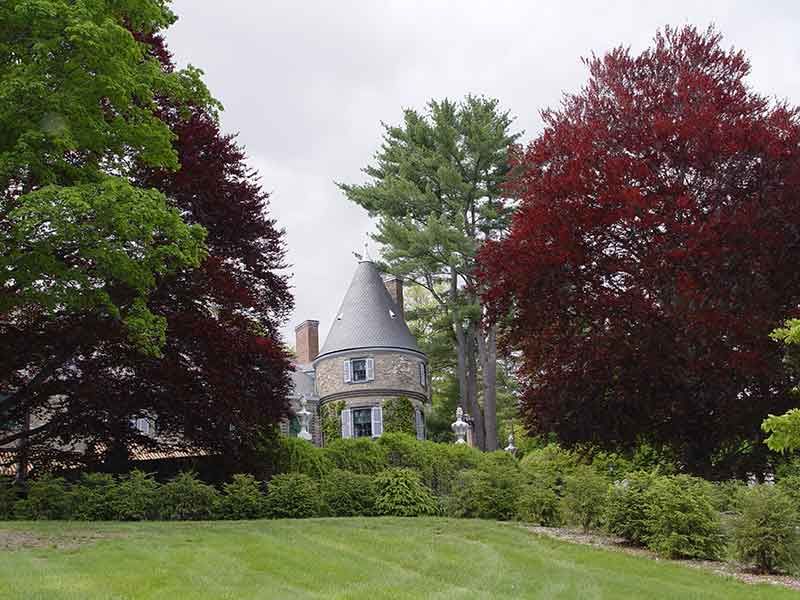
SHARE
PRINT